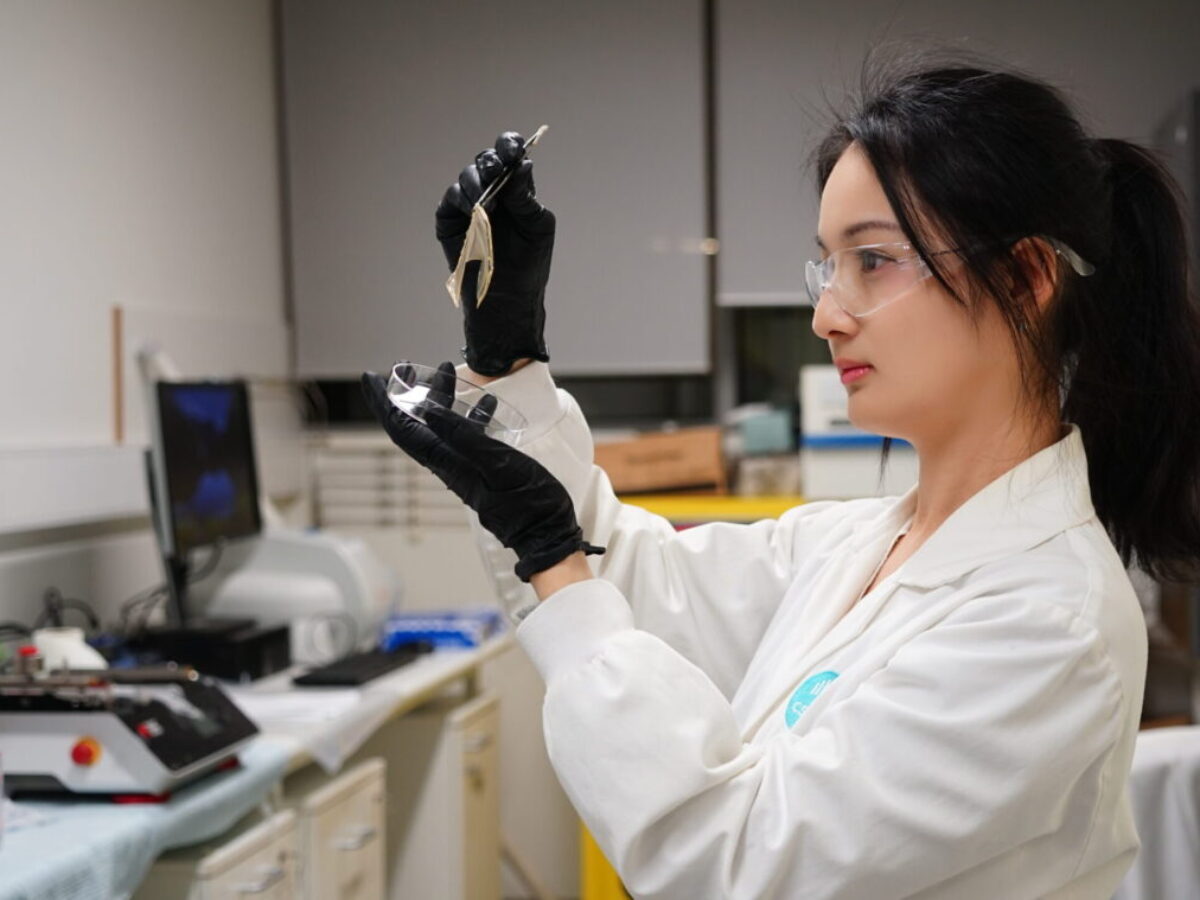Monash claims research could see compact rooftop flow batteries on the market “in a few years’ time”

A new water-based battery developed by Monash University research engineers could one day help households “store rooftop solar energy more safely, cheaply and efficiently”, according to the university.
The new battery makes use of a “new membrane design [which] fixes the speed problem” normally attached to flow batteries, and which normally limits their use to large-scale storage applications.
PhD candidate Wanqiao Liang (pictured), the lead author of a new paper in the chemistry journal Angewandte Chemie International Edition, said the team used a non-toxic, affordable chemistry based on abundant materials, and able to keep up with rooftop solar energy on a sunny day.
“We’ve engineered a membrane that finally makes organic flow batteries competitive for residential and mid-scale storage,” said Liang on Tuesday.
“It opens the door to systems that are not only cheaper, but also safer and simpler to scale.”
She added that the key was improvement in ion selectivity – “letting the good ions through quickly while keeping unwanted ones out” – with the new membrane achieving this balance and allowing “fast, stable operation” even at high current densities.
“We outperformed the industry-standard Nafion membrane in both speed and stability – running 600 high-current cycles with virtually no capacity loss – that’s a major leap forward for this kind of battery,” she added.
The team is now building prototype systems and testing them under real-world conditions, and Liang believes it’s possible this could lead to batteries “on the market in a few years’ time”.
The paper can be accessed here.
Picture: supplied
Further reading
UNSW to hold event this week marking four decades of vanadium flow batteries
Queensland to trial Australian made flow batteries
Industry Growth Program funds flow to commercialise technology
@aumanufacturing Sections
Analysis and Commentary Awards casino reviews Defence Gambling Manufacturing News Online Casino Podcast Technology Videos





